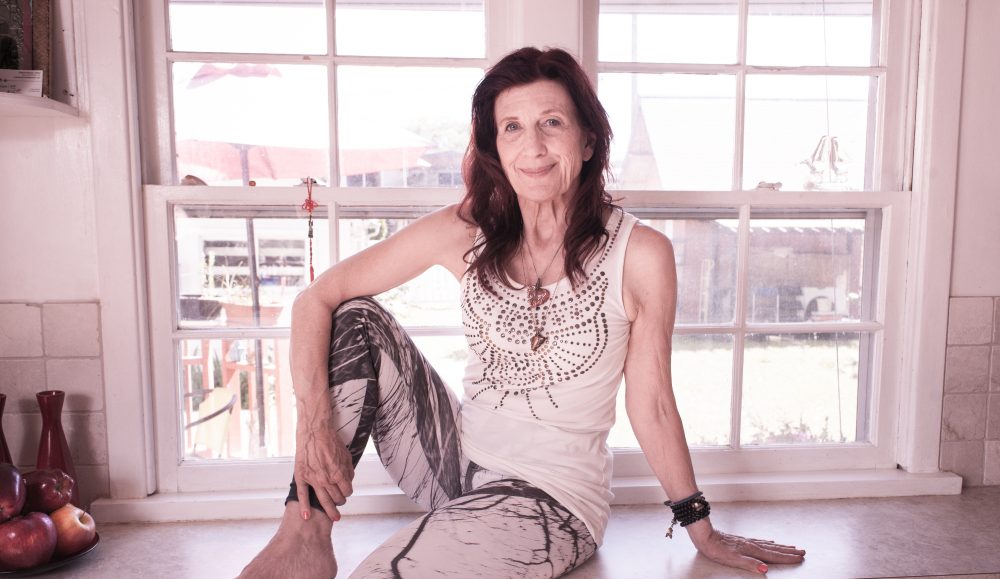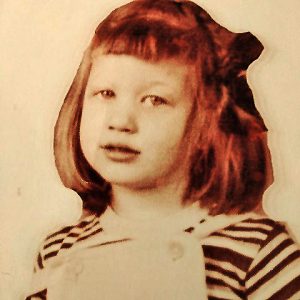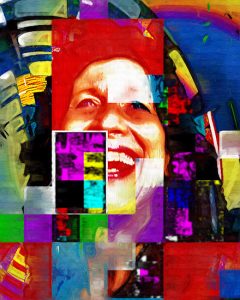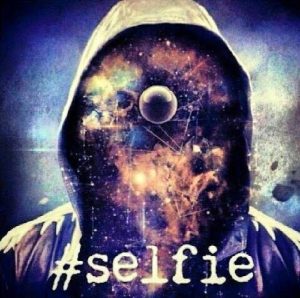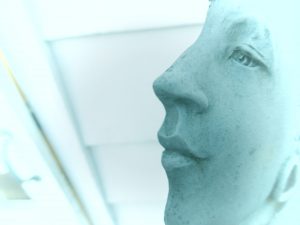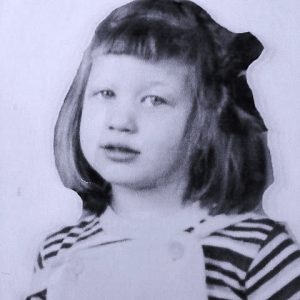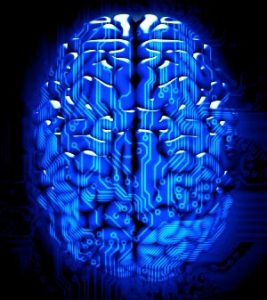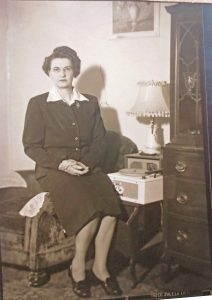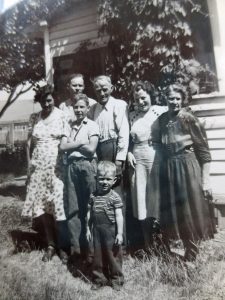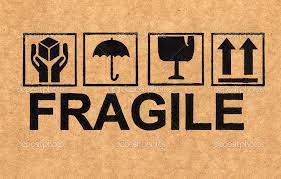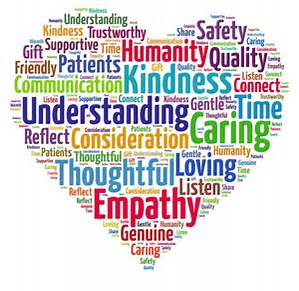Awareness of the movements, chapters, seasons, and acts of life are distinctly different when viewed from a distance of age.
The contained existence in my childhood through grade school to high school was controlled, enforced, and structured. Those who lived before me had stories, egregores, and trauma-marked cells that surfaced in my own biological blueprint. That era, the abraiding of intersecting cultures wearing away to a single smooth surface of belief, I see as almost cult-like. We believed what we were taught to believe.
My arrival on the earth was the year that WW II ceased. I shot out into a time of rabid hunger for growth. The depression reduced choices for my grandparents and in the childhood of my own parents. But NOW we were like the starving crowds let loose in a field of food. The norm was for us to gorge ourselves.
We paid close attention to what our neighbors had newly purchased. The fins on our cars grew to sci-fi proportions. We were propelled into competitive hedonism. My father bought the first TV set in our neighborhood. There was a cache´, an undisputable sense of status that a family could achieve instantaneously.
One could move ahead of the pack. One could be the house that people pointed to as they drove past. The Thunderbird in the driveway; the TV antenna reaching out beyond the roof to outer space; the books lining the bookshelf on hypnosis, self-improvement, some with bright pictures of modernist houses insistently and rebelliously sleek; the lounge chair covered in orange fabric in the living room that was impossible to sit upon no matter how one contorted the body, all signaled patriotic dedication to consumerism.
And so as I moved through my life, I watched the carefully cultivating craving. If only…. if only I could get good grades. If only I could graduate from university. If only I could earn a master’s. If only I could find a husband, a house, and have children. Always, always moving toward a goal whose dopamine hit of pleasure disappeared as soon as it was achieved. It was decades of crawling through the sand to arrive at a mirage.
I watched as the cultural imprint caused people to balloon from an average size of 6 to size 16. I watched as the slavish pursuit of power, pleasure, and fame became currency.
Today, our striving for clout on social media is like showing a membership card to an exclusive club. I am acceptable to myself because I have masses of friends, masses of followers, a new dress, and a new achievement. But I also watch as the fleeting moments of the new sign of personal value fade away. It is like having an entry card to a club that disappears in the hand. It was once in my grasp. But now it is gone. That sense of being special so we can be considered normal haunts us.
I worked 70 to 80-hour weeks for decades in the hopes that I could be recognized as a valid human being. It was a caucus race as in Alice in Wonderland. Quickly run to nowhere so you can stay in place. This was my period in life when I was in hot pursuit.
But now, now I am in Sannyasa. In Hindu lore, this is the period of time past 70.
In Eastern society, it is believed that everything is already in existence. Art is already complete and it is only up to the artist to remove the unnecessary. And that is the explanation for this time of life.
We grow weary of the accumulation; the caucus race; the unfocused blind pursuit of goals that do not serve our souls. Instead of a list to accomplish, we now have the wisdom to discard the unrolling scroll of itemized effort in the day. It becomes easier to say, “Does this decision, this effort, or this action make me a better person?”
We are now able to discard the trivial as unsatisfying. The imprinting of my culture, because of when I was born was to run on a track of acquisition of things, of pleasures, of status bijoux objects.
And now, in this last stage of life, it is easier for us to understand ourselves. We no longer pay attention to what the culture requires of us. We drive through the images, the ideas, and the demands like a car plows through the rain. The water just rolls off. And we begin to divest ourselves of all the burdens that we were told were treasures to be held close. We free ourselves.
We understand that an accomplishment can be just to sit in the now and feel the wind passing over us. We watch the clouds so carefully that we can see they are moving.
We are doing something. We are learning to control the mind. We are learning to be inner-focused, to be at peace, and to keep our flame of compassion for others alight. We are finally beginning to understand our purpose. It is the time for that.
